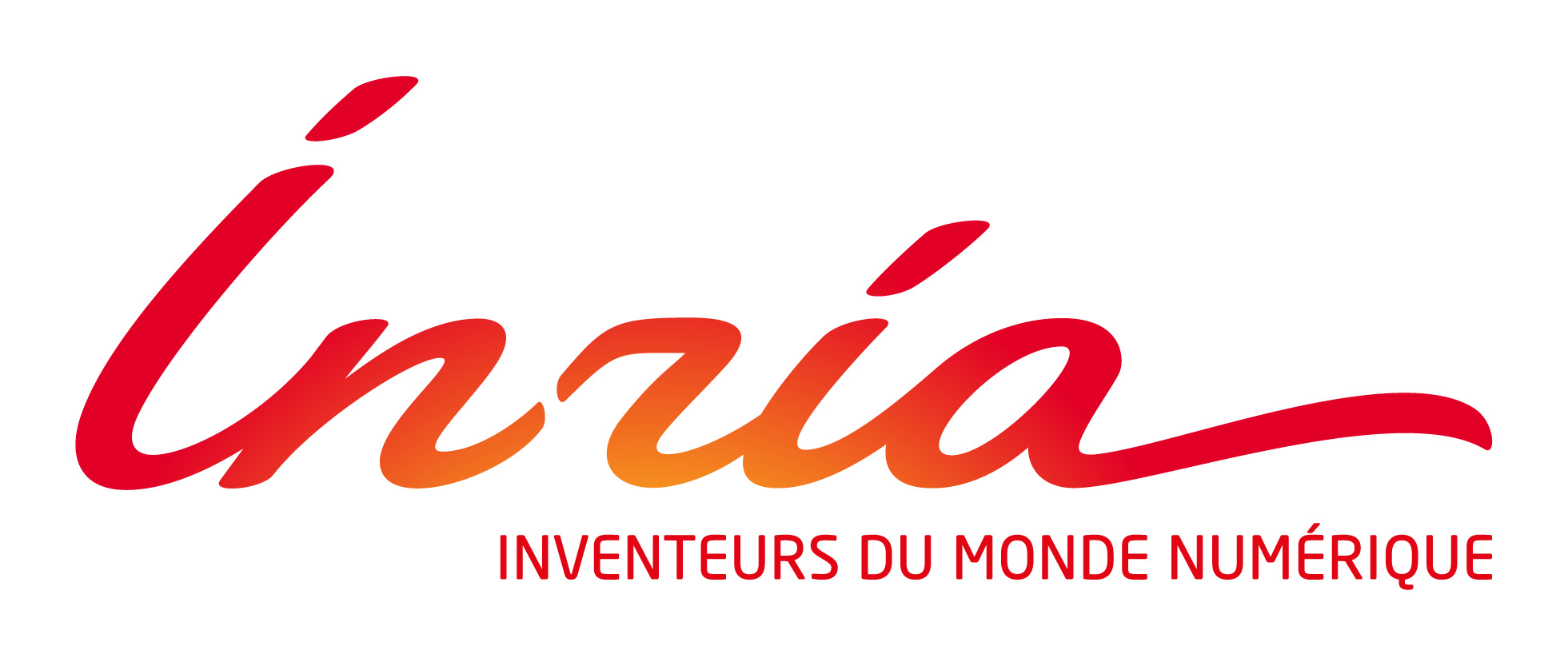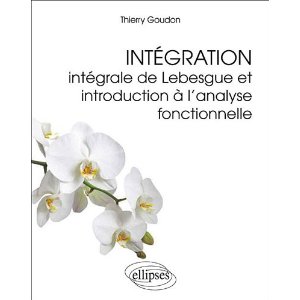Job Offers

The team proposes many job offers and internship training periods at various levels ranging from Msc/M1 to post-docs, including offers for engineers specialized in scientific computing.
If you are interested in joining us, feel free to contact the team members. You should be aware that managing with funding issues (as well as, especially for foreigners, with some additional administrative formalities) might require time. At any level, it is really helpful to start discussion early; the sooner, the better.
In particular, the code NS2DDV, developed jointly by the Inria teams COFFEE and SIMPAF, is devoted to the simulation of non-homogeneous viscous flows, in two-dimensional geometries. The current versions, in Matlab and C++, simulate incompressible flows and reproduce several complex phenomena (Rayleigh-Taylor instabilities, falling droplet, bubble motion...). On-going works are devoted to the simulation of powder-snow avalanches. We wish to develop this simulation tool into several directions and we propose many working programs, either to test different technical options or to incorporate more complex physical phenomena.
We propose other subjects: modeling and simulation of traffic flows, biofilms, flows in porous media with application to CO2 storage and nuclear waste disposal...
6 month Internship program
Institution: Inria Sophia Antipolis/Labo. Dieudonne Nice
Numerical analysis/Computational Fluid Dynamics
The objective is to contribute to the software NS2DDV which is intended to compute 2-dimensional incompressible flows. To this end, we have developed innovative hybrid Finite Volumes/Finite Elements methods. The Internship aims at adapting the method to deal with inviscid fluids, described by the Euler equations. In 2D, we can indeed adopt the Vorticity-Stream formulation of the equations which turns out to be well adapted to the numerical strategy.
Prerequisites: Good knowledge with Matlab/Scilab, Bases on numerical methods for ODEs/PDEs
Contact: thierry.goudon_at_inria.frPhD Thesis on simulation of flows in porous media with ANDRA
Institution: Inria Sophia Antipolis/Labo. Dieudonne Nice and ANDRA
Numerical analysis, Scientific computing, Computational Fluid Dynamics
The PhD is concerned with the simulation of mass and heat exchanges in nuclear waste disposal. The problem couples Navier-Stokes like equation describing air flows in the ventilation channel and Darcy's equations describing water and gas flows in the porous media. The first step of the PhD will be devoted to the study of the interface conditions and the analysis of the coupled system of nonlinear PDEs describing the flow. It is likely that asymptotic arguments can be used to propose a relevant reduction of the model. Then, the heart of the matter will be to design a complete simulation tool, with a suitable matching of the numerical schemes at the interface.
Prerequisites: Background in applied math (PDEs and modern numerical methods in fluid mechanics), skills in scientific computing.
Contact: thierry.goudon_at_inria.fr, roland.masson_at_unice.fr
Post-doc on particulate flows
Institution: Inria Sophia Antipolis/Labo. Dieudonne Nice
PDEs, Numerical analysis, Computational Fluid Dynamics
The post doc is concerned with the simulation of colisionless particulate flows. The problem is motivated for instance by the modeling of the dispersion of smokes, dusts or volcanic ash, biomedical sprays and certain combustion problems. Such flows are described by a set of coupled PDEs of different types: the dense phase is described by usual equations of fluid mechanics (eg Euler or Navier-Stokes equations) while the disperse phase is governed by a kinetic equation of Vlasov type. The coupling arises through the drag forces exerted by each phase on the other. The COFFEE team has a long experience of such models, in particular on the investigation of asymptotic regimes and the design of asymptotic preserving schemes. Here we wish to develop a new numerical scheme, based on semi-lagrangian methods, for the kinetic equation, in colisionless regimes. For the fluid equations numerical tools already developed within the team can be used, but the coupling/splitting technique will require some care. In particular we wish to explore on numerical grounds the effects of several variations to the standard models proposed in the specialized literature (expression of the drag foce, "lift forces"..)
Contact: thierry.goudon_at_inria.fr



